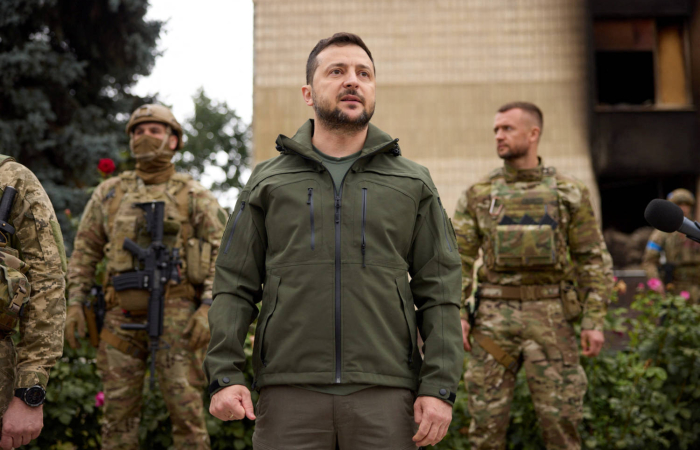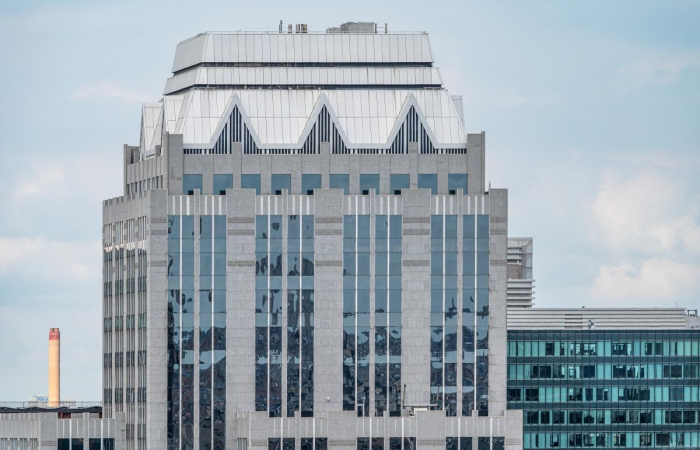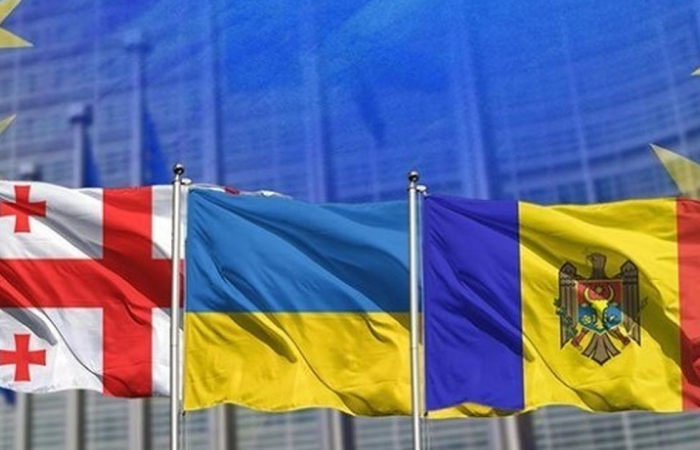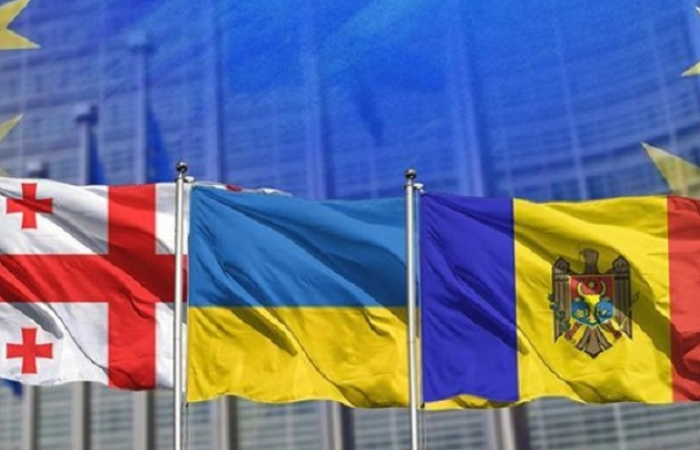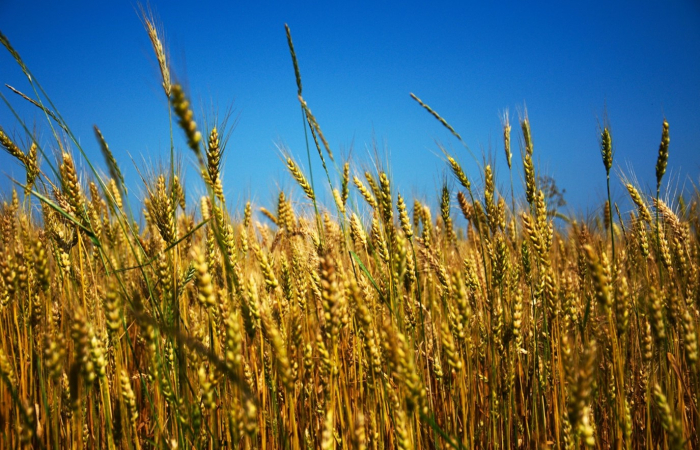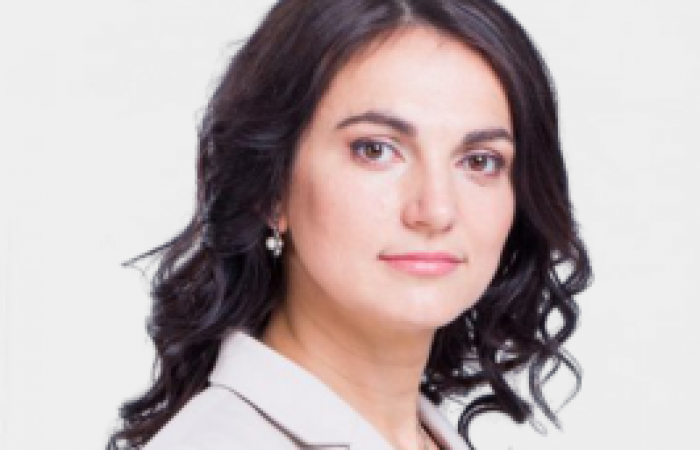Trending
Monday Commentary: Forged in fire: Volodymyr Zelensky has defined the new Ukraine
27 October 2025
When Volodymyr Zelensky ran for office to become president of Ukraine in 2019, many did not take him seriously. Here was a person who had become famous as an actor, playing the role of an imaginary president in a television soap opera, wanting to get the real thing. In 2021/22, he, on his part, did not take seriously warnings about an imminent Russian invasion. He thought he could negotiate with Putin the future of Ukraine. He did not understand the contempt that Putin had for him, and indeed for the entire Ukrainian nation. The invasion marked the birth of a new Zelensky, and a new Ukraine. As Russian troops approached Kyiv, Zelensky, although he knew that he was a primary target that the Russians wanted to eliminate, refused offers to be evacuated, and said that he would stay on and resist. Most Ukrainians said the same. Ukraine is emerging from the war bruised but strong. In the war, the country has found itself. It has the potential and the self-confidence necessary to succeed. The war has enabled Ukraine to emerge from the shadow of Russia. Untangible as this concept is, it is the key issue that will define the country’s future.
And Zelensky? Not by his own choice Zelensky ended up being a wartime leader. He did that very well. It is likely that when the war ends the Ukrainian people will want to move on to another leader that will be able to lead Ukraine in peace. But Volodymyr Zelensky has already earned a place in the history of Ukraine, and of Europe.



